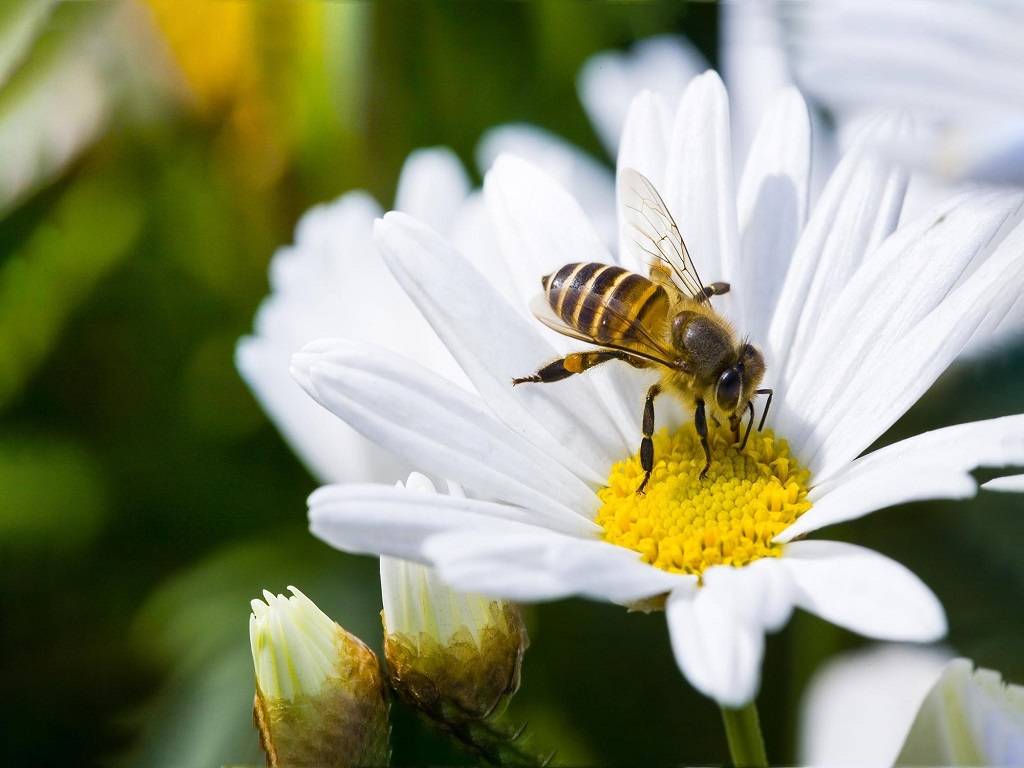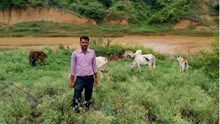
Bees are essential pollinators, but habitat degradation and farming practices are putting them at risk. Environmental experts in Kenya are urging a new multidisciplinary strategy including farmers, beekeepers, and environmentalists.
Their request coincides with the United Nations Food and Agriculture Organization's World Bee Day 2022, which honors the diversity of bees and beekeeping techniques.
Samuel Mwaniki is a beekeeper from Kenya's Kitui County. He claims that a shortage of rain and insecticides used to combat the locust invasion in 2021 destroyed his hives.
"My apiary, which contains over 20 hives, is beside me. Both hives were infested, and we faced issues in the previous year "He clarifies.
"Due to the climatic shift, it did not totally rain, and we also experienced a locust invasion. Spraying was one of the methods employed to manage them, which had an impact on beekeeping. I may also blame the loss of my colonies on the usage of pesticides by the farmers in the area."
According to the UN's Food and Agriculture Organization (FAO), pollination is necessary for 90% of the world's wild blooming plant species, as well as more than 75% of food crops and 35% of global agricultural area.
According to the FAO, pollinators are directly responsible for between $235 billion and $577 billion in yearly worldwide food output.
Pollinator numbers have dropped globally in recent decades owing to a range of factors, including pesticide and herbicide exposure, invasive pests and illnesses, habitat degradation, loss of species and genetic diversity, and climate change, according to experts.
Pollinators' foraging capacity and hive productivity can be harmed by pesticide contamination, even at sub-lethal levels.
East Africa saw its biggest locust outbreak in 70 years in 2021. However, in one instance, the bugs were gathered rather than sprayed with insecticides. They sold them to Bug-Picture, who converted them into animal feed and fertiliser.
Some of the ground locusts were crushed and blended with other experimental diets at JKUAT (Jomo Kenyatta University of Agriculture and Technology).
Environmentalists hope that this kind of approach will become more common.
According to the United Nations, about 35% of all invertebrate pollinators, mainly bees and butterflies, are on the verge of extinction.
Every year on May 20th, World Bee Day is observed to promote awareness about the importance of bees in the natural environment as well as for humans.
















